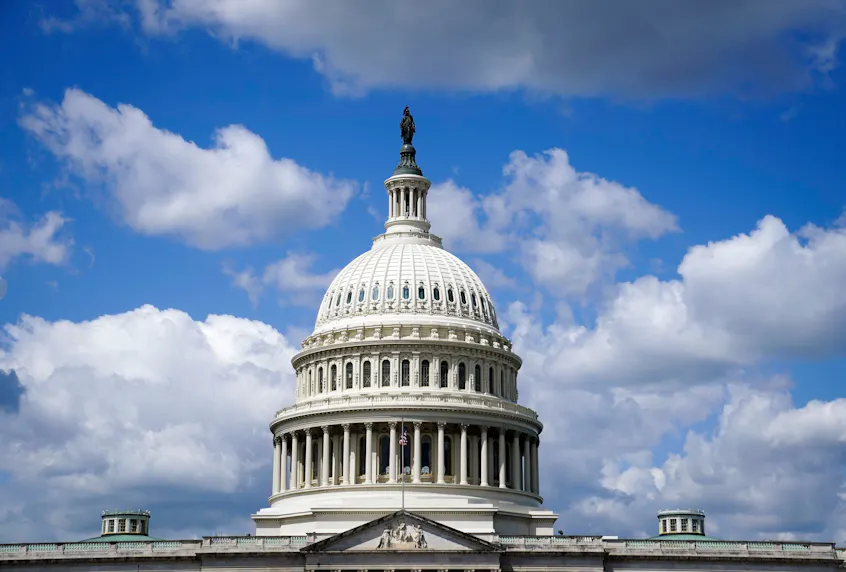FAIR BET Act Blocked from NDAA Consideration

Last Updated: September 11, 2025 3:50 PM EDT • 3 minute read X Social Google News Link

An attempt by Rep. Dina Titus to adjust federal gambling tax rules was halted this week after the US House Rules Committee declined to include her FAIR BET Act as an amendment to the National Defense Authorization Act (NDAA). The committee's decision means the measure will not proceed through this legislative pathway, leaving the upcoming tax changes set to take effect as planned.
The FAIR BET Act was designed to update the way gambling winnings and losses are reported at the federal level. After President Trump signed the One Big Beautiful Bill in July of this year, it included a cap on deductions for gamblers. From 2026 onwards, gamblers can only claim 90% of losses as a deduction, regardless of whether their figures reveal no profit.
Opponents caution this practice might see people taxed on funds they did not even bring home.
The blocked amendment does not bring reform to an absolute end, as lawmakers can still initiate independent legislation or attach corresponding measures to bills later on. However, for the moment, the NDAA option is no longer on the table, and the law is set to become active at the start of next January.
Those future amendments have been attacked from both the left and the right of the political scene and from every sector of the gambling world. Nevada, where casino and tourism revenues have already started to show strain, holds particular anxiety.
Betting tax experts anticipate a future repeal, but agree that the law shall, in any case, affect operators and punters before a turnaround occurs.
Professional players warn of severe impact
The tax changes have caused alarm among professional gamblers, who say the provisions could make their livelihoods unsustainable. Poker professional Phil Galfond has emerged as a prominent critic, warning that the rule will result in taxation on what he described as "phantom" income.
In a social media post, Galfond described how “This new amendment to the One Big Beautiful Bill Act would end professional gambling in the US and hurt casual gamblers, too. You could pay more in tax than you won.”
Galfond explains that under the new act, if a player spends $5 million but wins $5.2 million, $700,000 would be considered a taxable profit, despite the player actually netting just $200,000. The result would be a tax bill that exceeds real earnings, erasing profits and potentially creating debt.
Galfond described the law as a possible breaking point for many professionals who already operate on narrow margins, noting that careers could end if the policy remains in place. His concerns reflect broader sentiment across the gambling community, where players argue the measure fails to account for the volatility of the industry.
After the halt of the FAIR BET Act, gamblers will have to watch their spending closely. The setback, however, could be only temporary, as Rep. Titus has vowed to keep searching for a way to correct the mistake.

Ziv Chen X social





